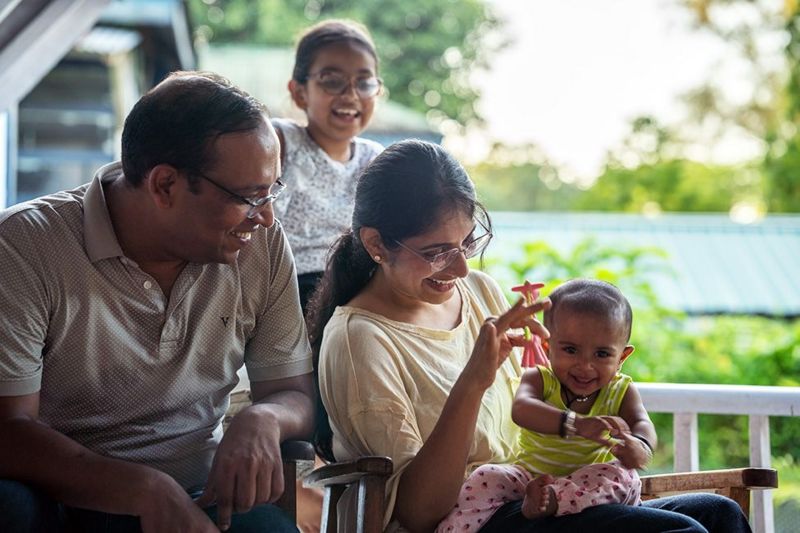The midwives who stopped murdering girls and started saving them
https://www.bbc.com/news/articles/cvge858dvl5o
Hakiya Devi, the eldest of the midwives I interviewed, told me at the time she had killed 12 or 13 babies. Another midwife, Dharmi Devi, admitted to killing more - at least 15-20.
It is impossible to ascertain the exact number of babies they may have killed, given the way the data was gathered.
---------------------
“The family would lock the room and stand behind us with sticks,” says Hakiya Devi. “They’d say: ‘We already have four-five daughters. This will wipe out our wealth. Once we give dowry for our girls, we will starve to death. Now, another girl has been born. Kill her.’
“Who could we complain to? We were scared. If we went to the police, we’d get into trouble. If we spoke up, people would threaten us."
---------------------
By the time I finished filming the midwives’ testimonies in 1996, a small, silent change had begun. The midwives who once carried out these orders had started to resist.
This change was instigated by Anila Kumari, a social worker who supported women in the villages around Katihar, and was dedicated to addressing the root causes of these killings.
Anila’s approach was simple. She asked the midwives, “Would you do this to your own daughter?”
=--------------------
She says she was haunted by the realisation that though female infanticide may have been reduced, abandoning baby girls continues.
“This is a cycle… I can see myself there a few years ago, and now again there’s some girl similar to me.”
But there were to be happier similarities too.
The baby has now been adopted by a couple in the north-eastern state of Assam. They have named her Edha, which means happiness. “We saw her photo, and we were clear - a baby once abandoned cannot be abandoned twice,” says her adoptive father Gaurav, an officer in the Indian air force.

.webp
 .webp
.webp